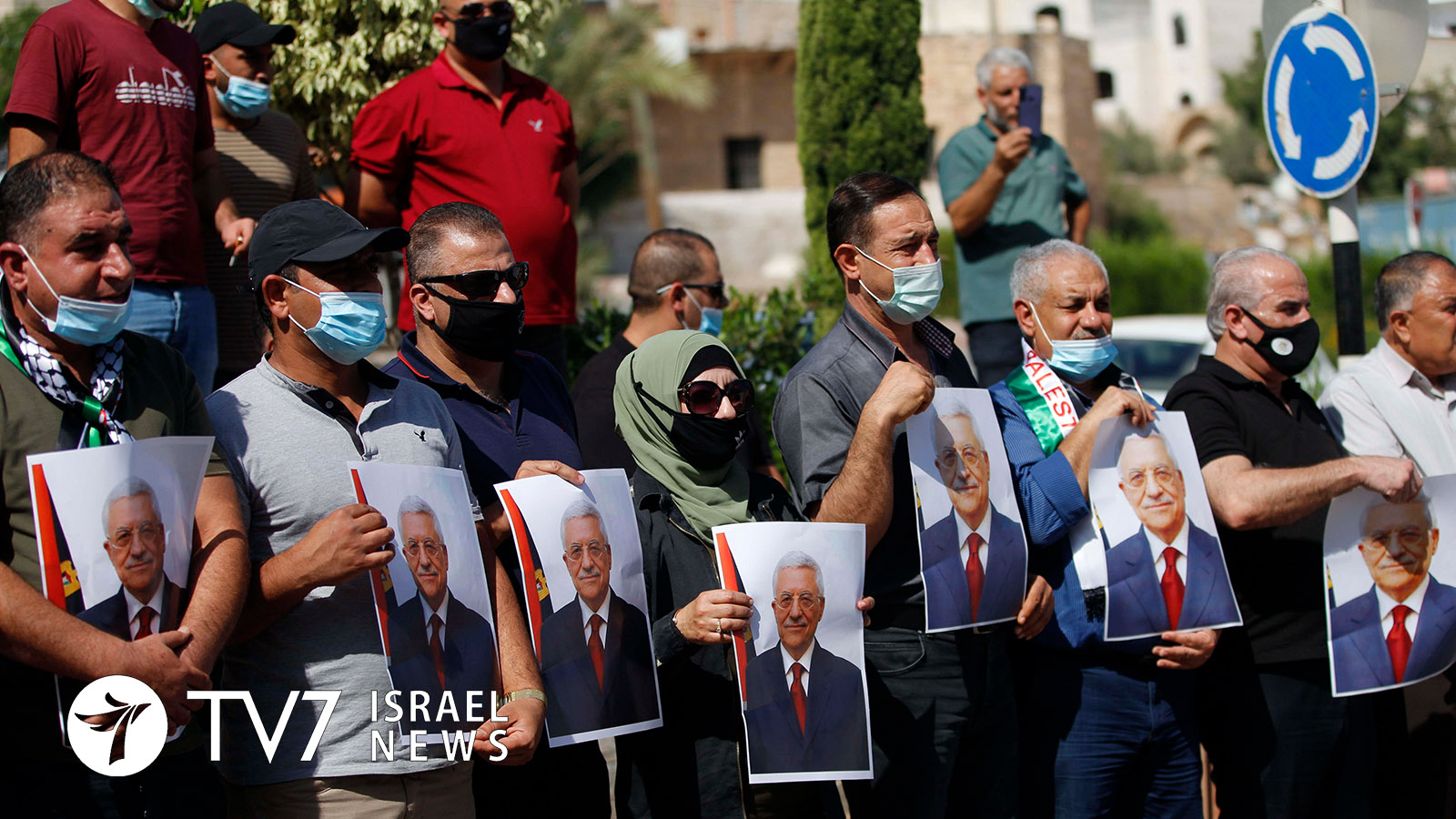Saudi Arabia has reiterated strong support of the Palestinians, and that Riyadh has not hesitated to defend Ramallah’s cause.
This, according to a statement issued by the kingdom’s Cabinet yesterday, which also proclaimed that the Palestinian cause is a fundamental Arab issue which remains a top priority of Saudi foreign policy.
While renewing Saudi Arabia’s commitment to support the strategic choice for peace and its adherence to the 2002 Arab Peace Initiative, the cabinet also stressed “on the importance of Israel ceasing to build settlements on Palestinian lands, as it constitutes a flagrant violation of international law and an obstacle to achieving lasting and comprehensive peace.”
The development follows Palestinian outrage over the reported clandestine trip made by Prime Minister Benjamin Netanyahu to Saudi Arabia for talks with Crown Prince Mohammed bin Salman; amid Ramallah’s hope that Riyadh will not consider normalized ties with Jerusalem until the Palestinian conflict has been resolved.
Palestinian Authority Prime Minister Mohammad Shtayyeh said Ramallah warned against “attempts to portray normalization between Israel and the Arab countries as a substitute for peace with the Palestinians is an escape from the truth.” In reference to Israel’s recent peace treaties with the United Arab Emirates, Bahrain and Sudan, Shtayyeh also said that Palestinians were “saddened by the news that Arab countries are talking about opening embassies in Israel.”
The Palestinian Islamic Jihad in Gaza slammed Netanyahu’s Saudi visit as a “betrayal of Jerusalem, Mecca, Medina and the al-Aqsa Mosque.” The Iran-backed terror organization proclaimed that the trip and establishment of relations with Israel “will encourage the Zionist occupation to continue its malicious aggressive policies in Palestine.”
Hamas spokesman Sami Abu Zuhri branded the visit as “dangerous” and an “insult this represents to the nation and the squandering of Palestinian rights.” Senior Hamas official Mahmoud Zahar echoed the statement, saying Israel’s talks with Saudi Arabia was a “natural and dangerous development of the normalization process in the region,” which he warned could lead to “military and security cooperation against big countries in the region,” in what is believed to be a veiled reference to Iran.
Ties between the Islamist Hamas rulers of Gaza and Riyadh have been strained since last year, after dozens of Hamas operatives were arrested in the kingdom on charges of belonging to a “terrorist entity” and “supporting and financing a terrorist organization.”
Saudi Arabia declared the Muslim Brotherhood, with which Hamas is affiliated, a “terrorist organization” in 2014. Other nations which have made the same designation include Russia, Egypt, the UAE, Bahrain, Syria, Kazakhstan and Tajikistan. Just last month, the kingdom’s Council of Senior Scholars condemned the Muslim Brotherhood, accusing it of being a terrorist organization advocating “rebellion against rulers, wreaking havoc in states, destabilizing co-existence in the country” and non-representative of Islam.
